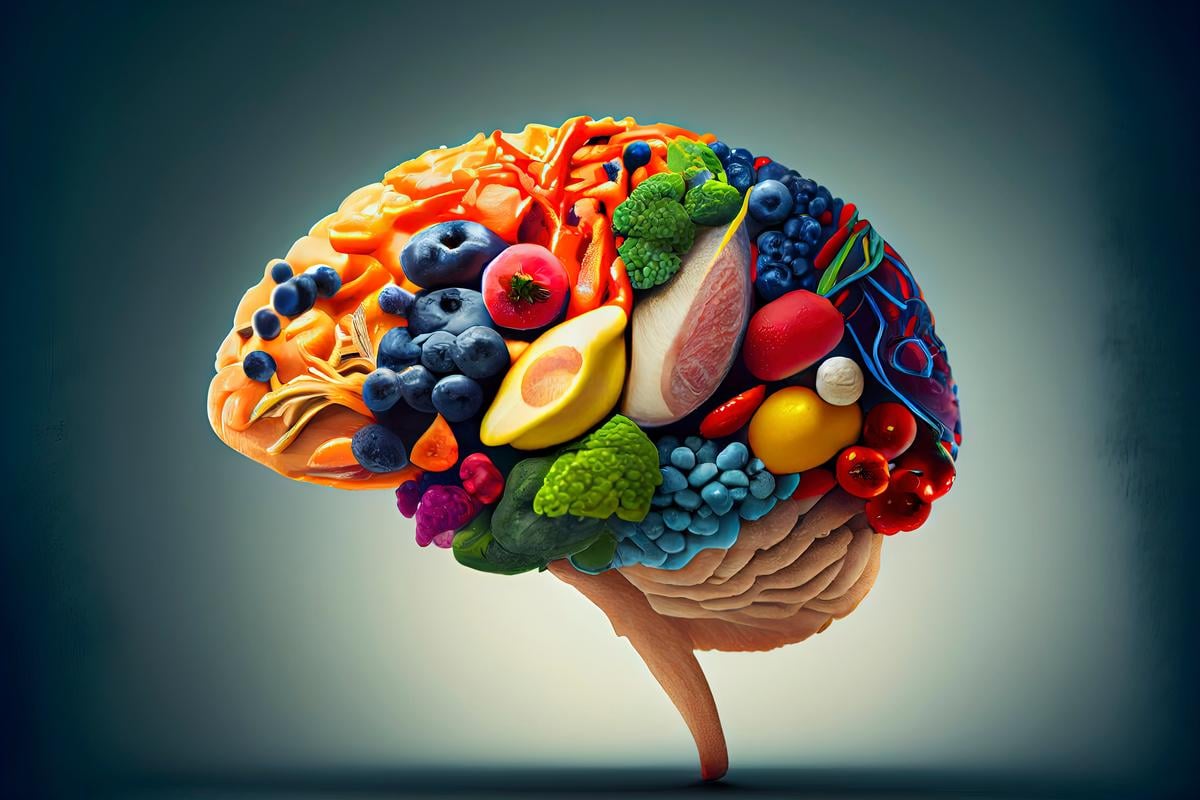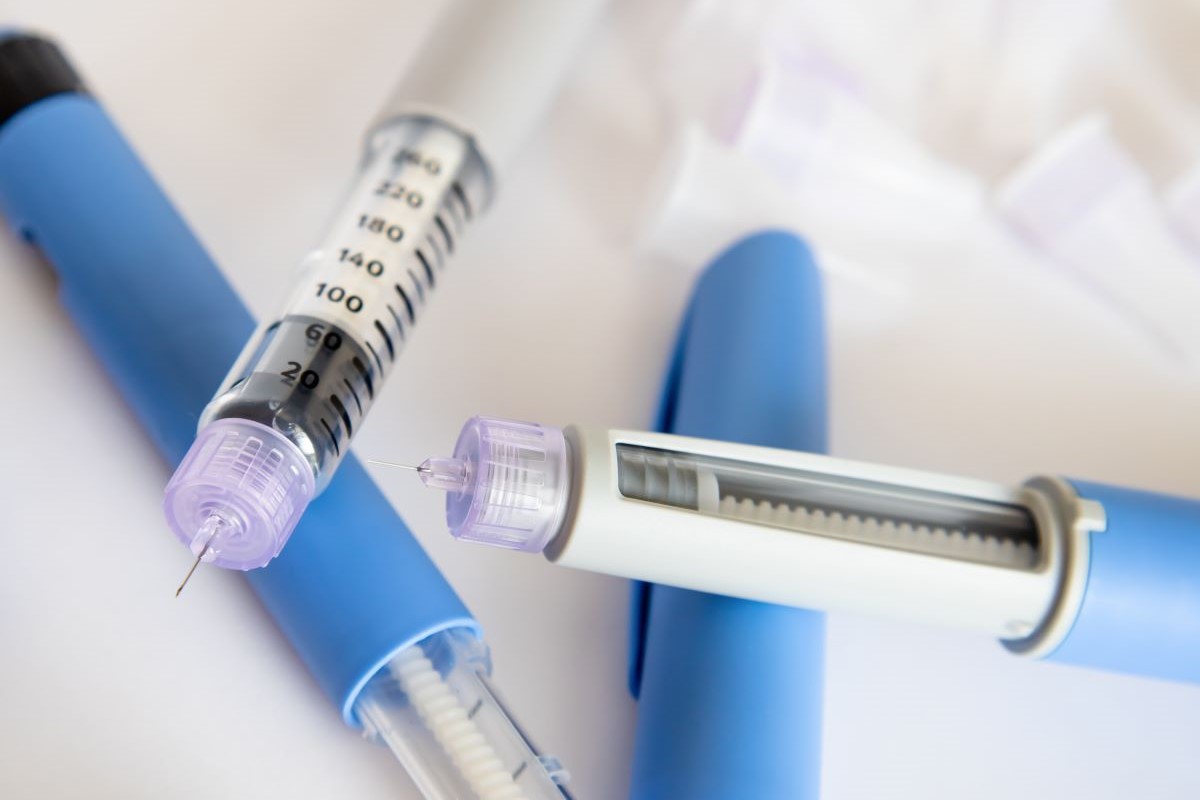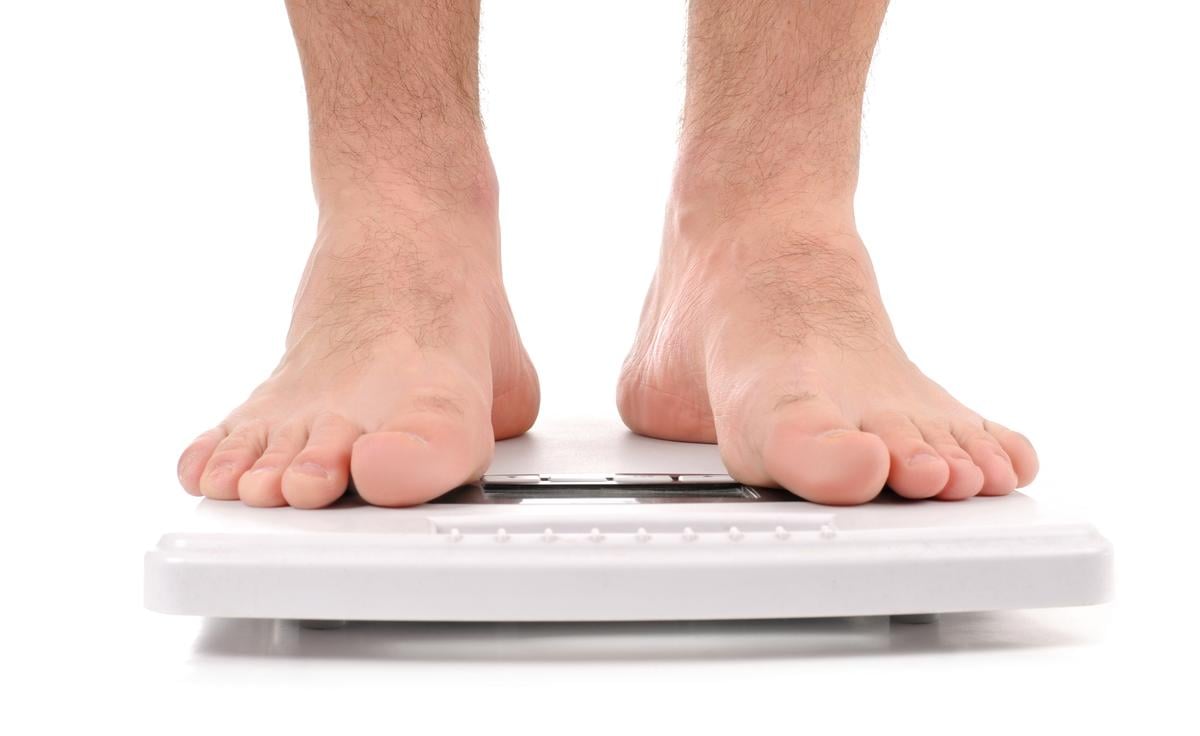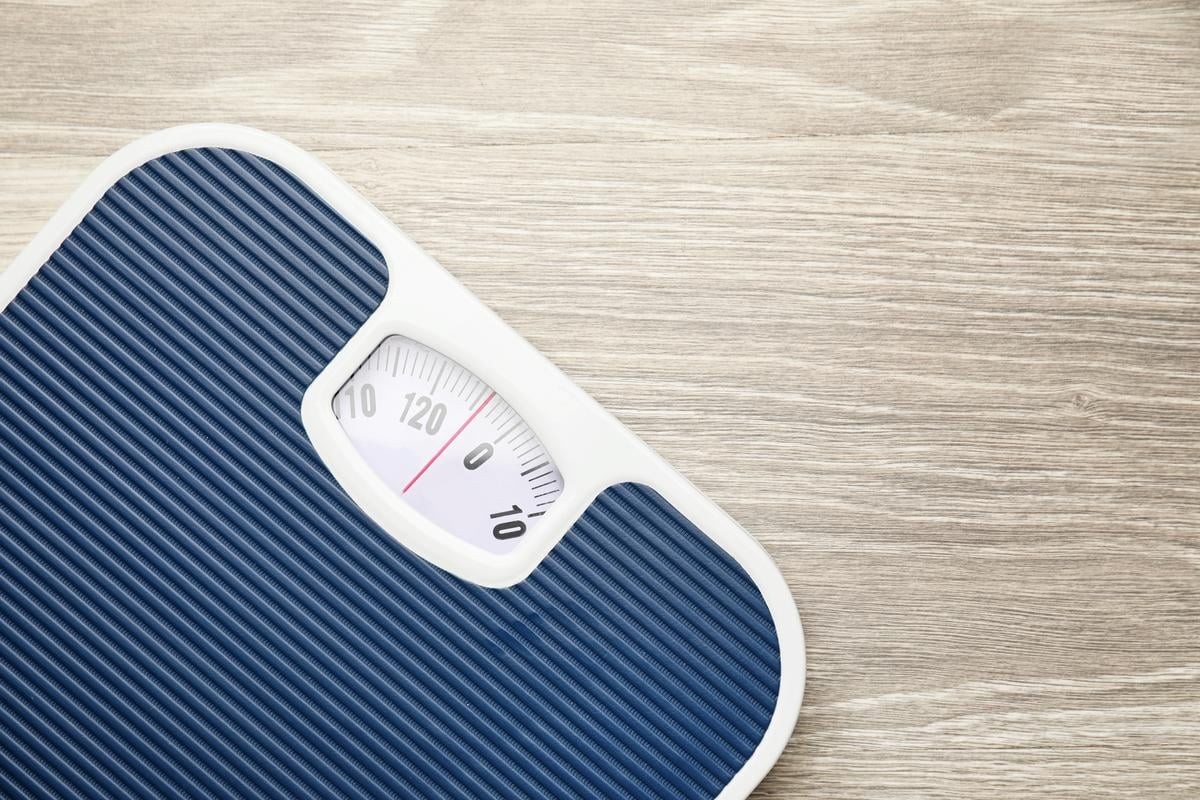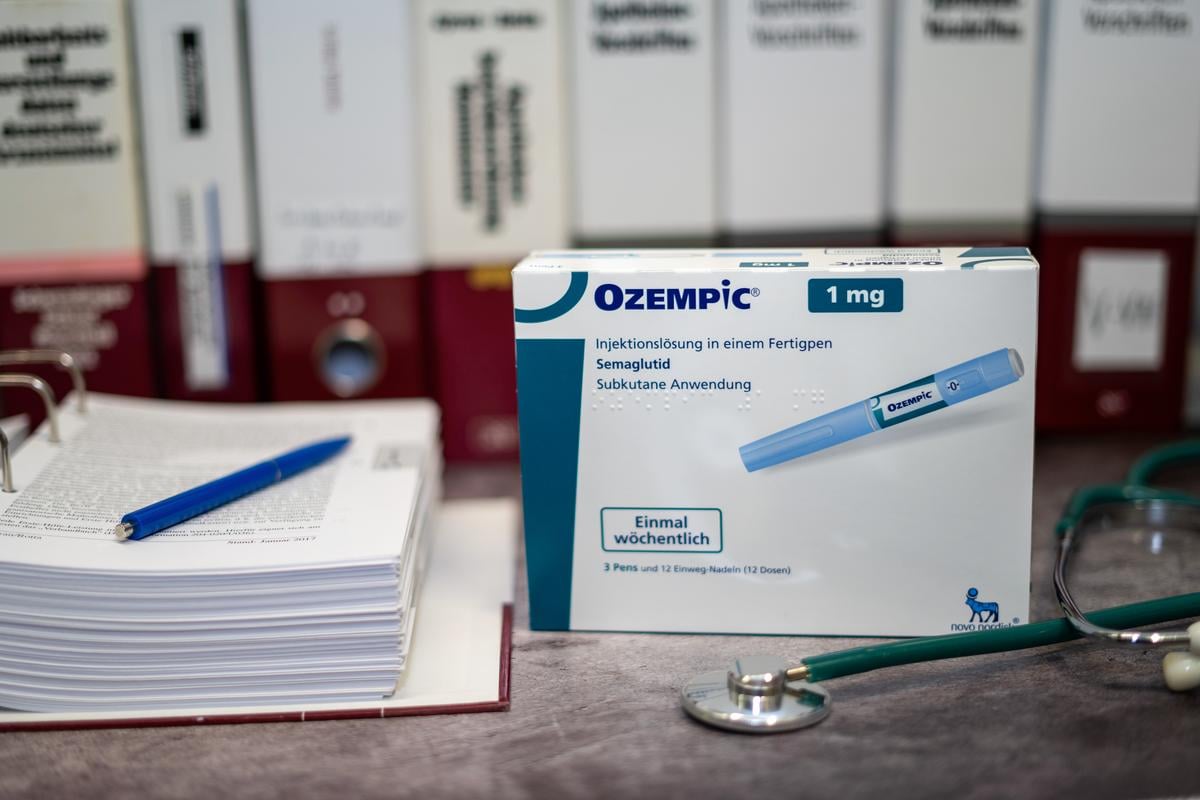
Over-the-counter (OTC) drugs acetaminophen and ibuprofen are better at managing dental pain than opioids. People who had their wisdom teeth removed got better results from an acetaminophen/ibuprofen combo than with a hydrocodone prescription, researchers reported on Jan. 4 in the Journal of the American Dental Association. Those given the off-the-shelf meds had less pain, better… read on > read on >











